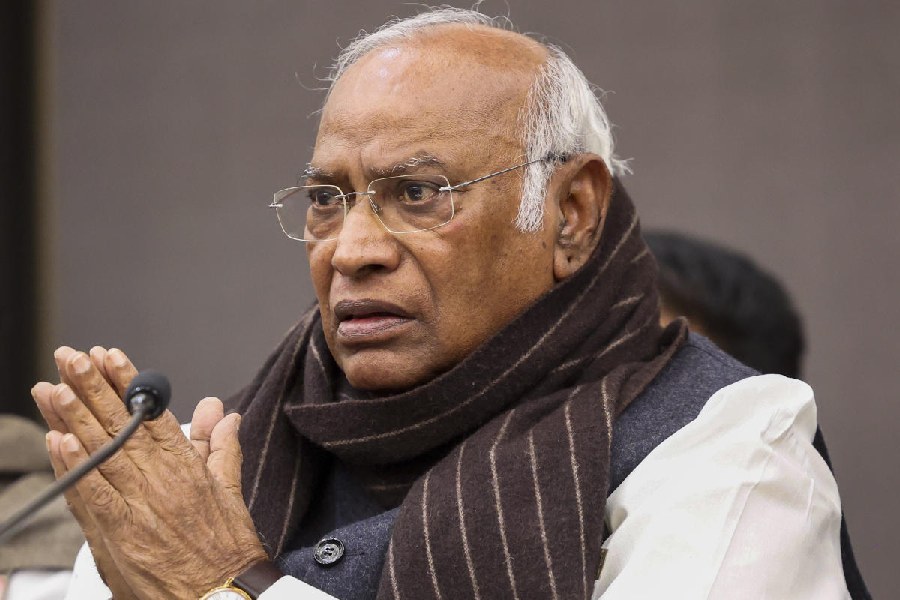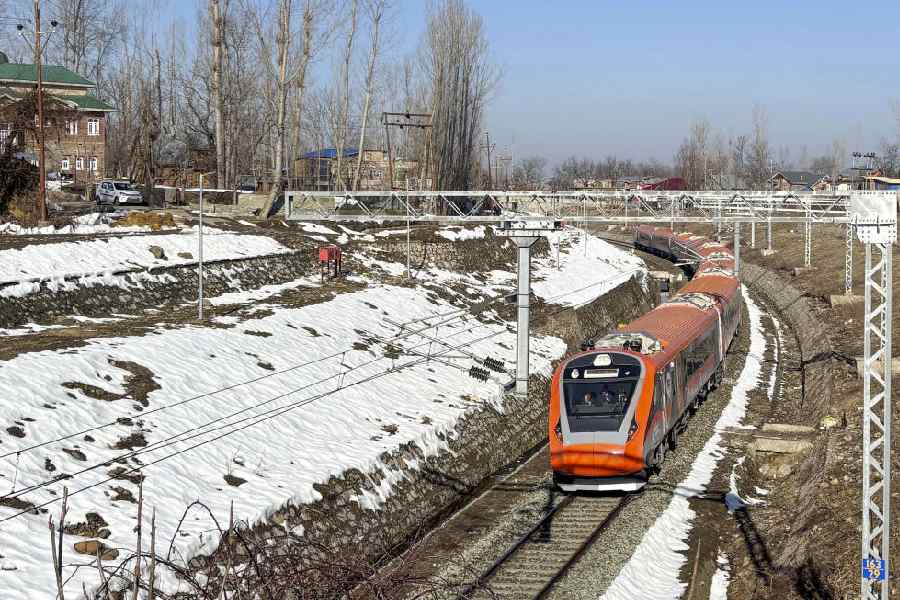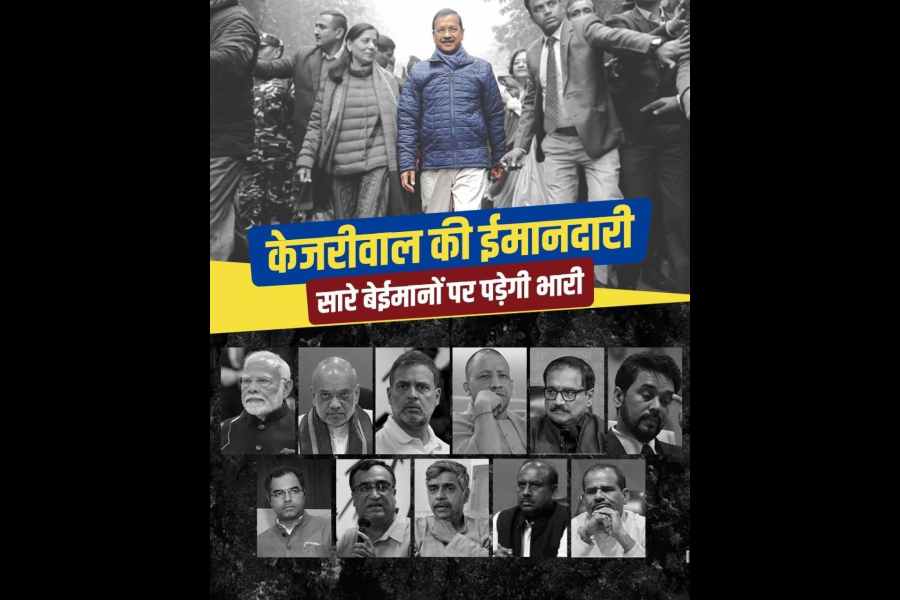Thousands of journalists around the world have had to seek exile in other countries in recent years amidst rising political repression, an independent United Nations investigator, Irene Khan, told the global body’s General Assembly in a report last week. Ms Khan’s findings shine a worrying light on the state of the world that all countries, especially democracies, need to reflect on and address. According to the report, the largest numbers of fleeing journalists come from Afghanistan, Belarus, China, Ethiopia, Iran, Myanmar, Nicaragua, Russia, Sudan, Somalia, Turkey and Ukraine. But smaller numbers of journalists have also felt compelled to leave other countries, including India, Pakistan, Burundi, Guatemala and Tajikistan, said Ms Khan. While journalists are expected, under both international law and widely accepted global practices, to receive protections at home and when in another country, Ms Khan cautioned that many nations appear to be breaching their commitments. At a time when multiple conflicts roil the world, from Russia’s war on Ukraine to Israel’s war on Gaza, and global democracy, according to several indices, is on the decline, journalists who try to hold those in power accountable are more important — and vulnerable — than ever. Ironically, as suggested by the report, many democracies that claim to uphold the freedom of speech and expression often undermine those very assertions through their own actions.
No case exemplifies that more than the demand for the extradition of the WikiLeaks founder, Julian Assange, that is being pursued by the United States of America. An Australian national, Mr Assange has been in a high-security British prison for several years now after having to seek shelter in the Ecuadorian embassy in London before that. The US accuses him of espionage. But to much of the world, Mr Assange and WikiLeaks are best known for their exposés on the civilian killings and the abuses perpetrated by the US during its wars in Iraq and Afghanistan and in facilities such as Guantanamo Bay. WikiLeaks also helped expose US intelligence programmes to spy on the country’s own citizens. When the world’s most powerful democracy tries to punish whistle-blowers, other nations are emboldened to follow suit. In India, the world’s largest democracy, many journalists have been arrested in the past few years while in war zones like Gaza, dozens of journalists have been killed since October. These assaults on journalists only raise bigger questions for governments about their pledge to uphold media freedoms. As Ms Khan’s report shows, those are questions that the world can no longer dodge.










